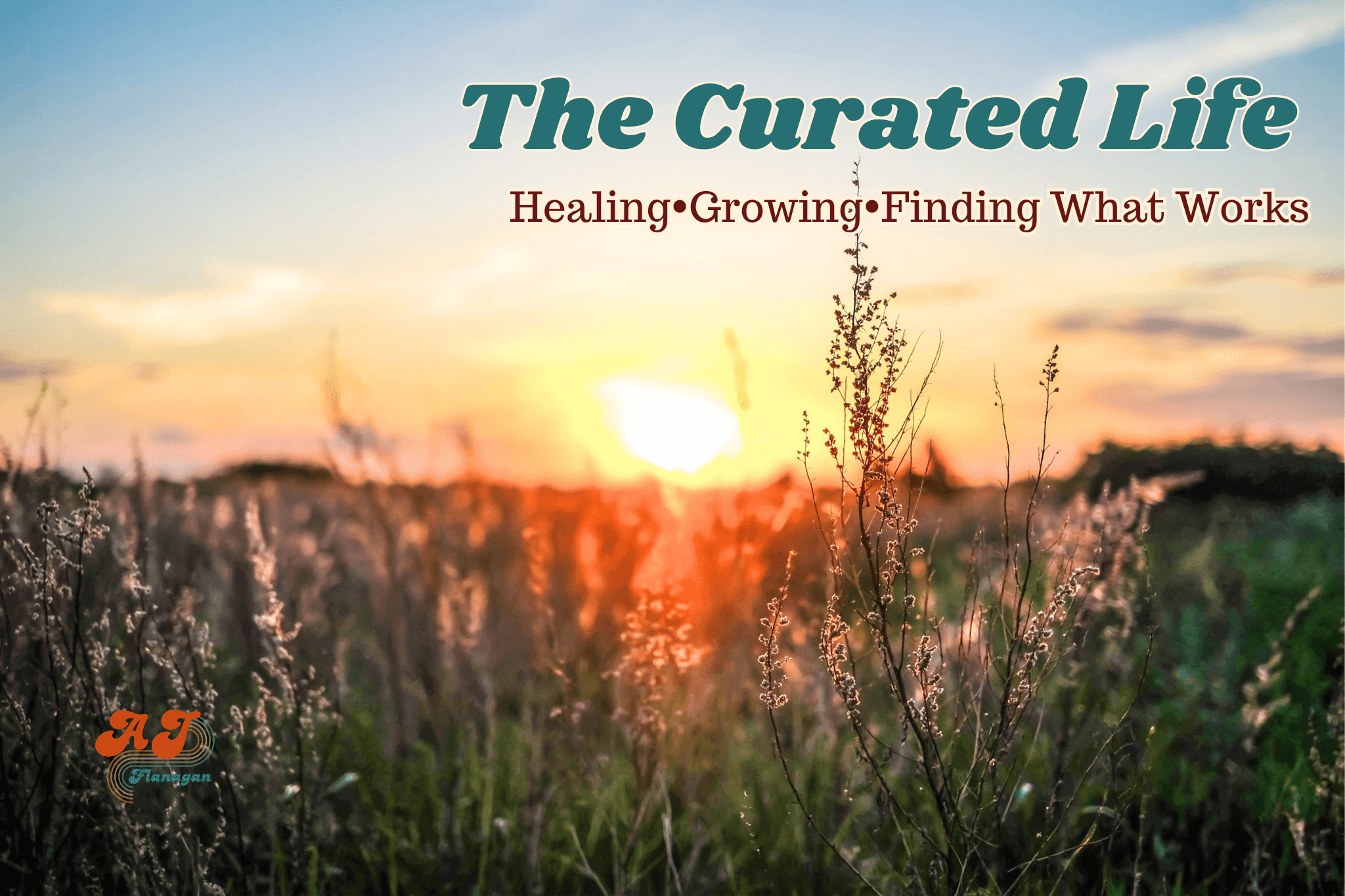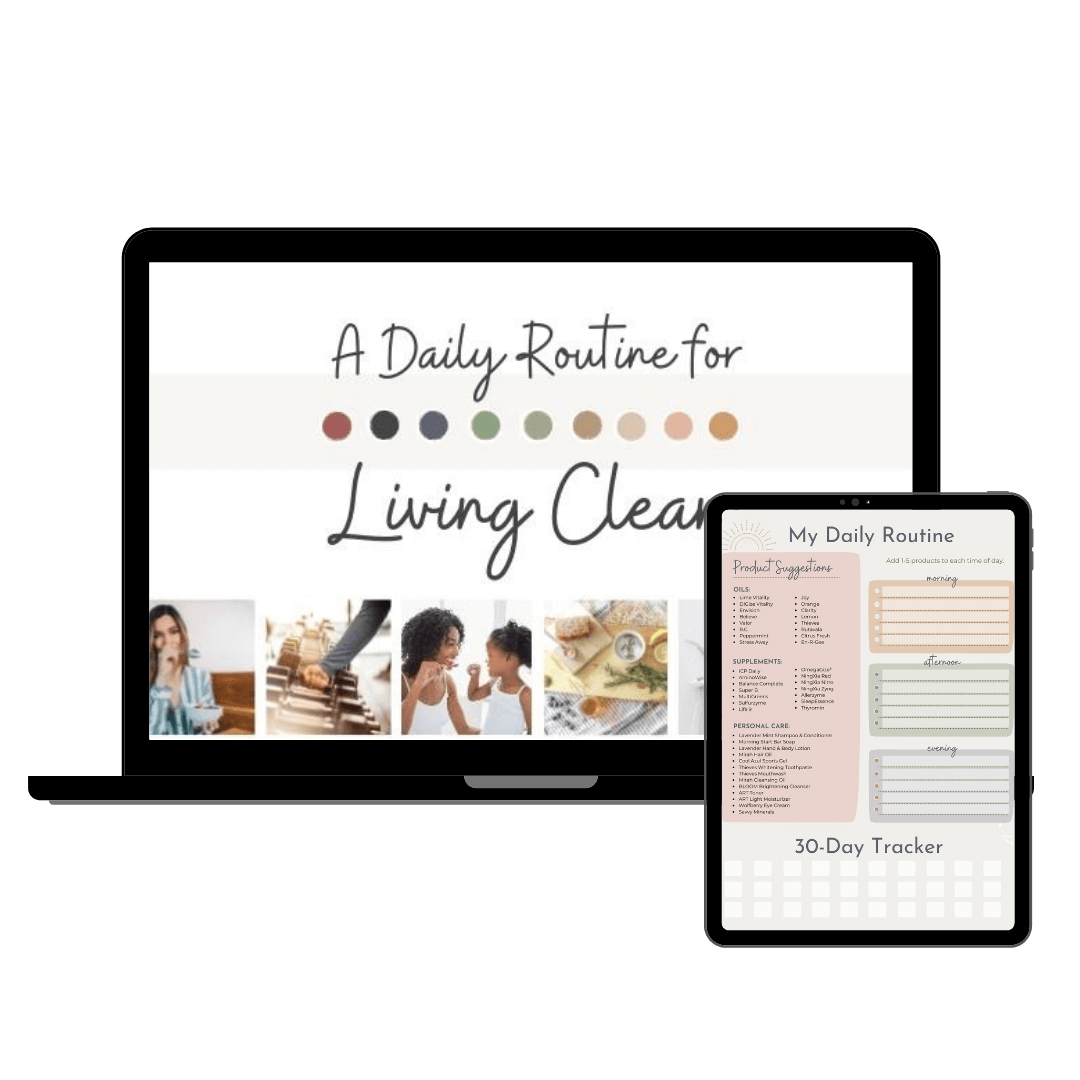
Let’s be real: I didn’t always read ingredient labels. I didn’t think twice about popping an over-the-counter pill when something hurt. I didn’t really think much at all about a time when healing looked different.
But now? I’m asking a lot more questions. And I’m slowly finding my way back to something that feels... simpler. A little slower. A lot more intentional.
If you’ve read my post on how petrochemicals changed medicine, you know that the way we do healthcare today didn’t just happen. It was steered, hard, by some very powerful (and very rich) men with profit in mind.
And ever since I learned about that shift, I haven’t been able to unsee it.

What Healing Used to Look Like
I’m not saying we should all go back to mustard plasters and leeches (although... never mind, I’ll save that rabbit hole for another day). But I do think we lost something important when healing became industrialized.
My great-grandparents didn’t have a medicine cabinet full of synthetic pills. They had broths. Herbs. Castor oil. Homemade salves. Time. And usually someone nearby who was willing and able to lend a hand.
They didn’t rush to “power through” like we do now. They slowed down. They paid attention. They let their bodies do what bodies are meant to do—heal.
When the Lab Took Over the Land
Here’s the part that gets me: this switch to synthetic medicine wasn’t just about convenience or innovation. It was about control.
Rockefeller and Carnegie (yes, that Rockefeller and that Carnegie) helped fund schools and scientists to push natural remedies aside and make sure future doctors were taught to treat with drugs. Not plants. Not food. Not rest.
Why? Because you can’t patent a plant. But you can patent a chemical that sort of mimics what the plant does—and then make a whole lot of money off of it.
If that sounds a little shady, well… that’s because it is. I laid it all out here if you want the full story.

So What Did We Lose?
Besides the obvious shift in what’s on the pharmacy shelf, I think we lost some bigger, deeper things too. Like:
• Trust in our own bodies
• Patience for healing
• The wisdom passed down from grandmothers and aunties
• Community-based care
• And the idea that health isn’t always about fixing, but sometimes just supporting
It’s not just about what’s in our medicine cabinets. It’s about how disconnected we’ve become from the very things that kept generations before us well.
Support your body and set it up for success to do what it does best: healing itself.

Healing Today: Fast, Loud, and Packaged
Let’s be honest. Most of what’s sold to us as “wellness” these days is loud, glossy, and full of junk. Synthetic fragrances, neon colors, and thirty ingredients you can’t pronounce.
Even the “natural” stuff isn’t always natural - or something we would naturally put into our bodies if given the choice.
We’ve been sold convenience disguised as care. And somewhere along the way, I stopped asking, “Wait... is this actually helping me?” And I started connecting the dots and seeing the big, synthetic picture before me.

I’m Not Going All-In on the Past
Don’t get me wrong—there’s a time and place for modern medicine. I’m not tossing out every single prescription or medical intervention... or pretending we can turmeric our way through everything.
But I am slowing down. And reaching for the things that feel more grounded. More intuitive. More human.
Sometimes that looks like sipping ginger tea before grabbing an antacid.
Sometimes it’s resting instead of pushing through.
Sometimes it’s just rubbing oils into sore spots instead of numbing them with a pill that also wreaks havoc on my gut.
One choice at a time. One shift at a time. That’s all I’m doing.
If You’re Curious Too…
If you’re just now learning how we went from herbs to pharmaceuticals—and you want to see how it happened—I shared more about that here.
It’s not a conspiracy theory. It’s just history. But it helps explain a lot about the system we’re all living in today.
Moving Forward Without Forgetting
I’m not trying to live like it’s 1899, but I am trying to carry a little more of that mindset forward.
Because healing isn’t always about fixing things fast. Sometimes it’s about remembering what worked, and why we stopped doing it in the first place.
If that resonates with you, welcome to my growing community. You’re not alone and you're going to like what I’m sharing at ajflanagan.com.
Now if you’ll excuse me, I’ve got a tea kettle on—and a dusty old salve recipe I’ve been meaning to try.
Here’s to finding what works (and letting go of what doesn’t),
AJ

If you’ve made it to the bottom of this post, I’m guessing something here resonated—whether it’s navigating grief and growth, diving into natural wellness, or just trying to live a more intentional life in a fast-paced world.
This space is where I share what I’m learning (and unlearning), the tools that are helping me along the way, and the little things that bring joy, healing, and clarity—even on the hard days.
This space is where I share what I’m learning (and unlearning), the tools that are helping me along the way, and the little things that bring joy, healing, and clarity—even on the hard days.
Want in?
You’re invited to join my newsletter, Finding What Works—a weekly-ish note from me with practical wellness tips, nostalgic nods for GenX souls, and honest reflections from someone who’s still figuring it all out (but loves sharing the good stuff along the way).
This isn’t about perfection or pressure. It’s about finding what supports us, what lights us up, and what brings us back to ourselves—together.
You’re invited to join my newsletter, Finding What Works—a weekly-ish note from me with practical wellness tips, nostalgic nods for GenX souls, and honest reflections from someone who’s still figuring it all out (but loves sharing the good stuff along the way).
This isn’t about perfection or pressure. It’s about finding what supports us, what lights us up, and what brings us back to ourselves—together.
Click here to subscribe and come along for the ride. I’d love to have you in my corner.
Have a question or something to share?
✨ My blog exists because I know what it feels like to keep everything jumbled in your head — like a messy pile of clothes you can’t sort through.
Writing it all down brings clarity, calm, and sometimes even healing answers I didn’t know I was looking for.
Honestly, that’s why I keep showing up to write — it helps me make sense of things.
Even if you have no intentions of ever publishing your work, I highly recommend writing stuff down. It doesn't have to be a literary masterpiece or even full, grammatically correct sentences... just dump those random thoughts onto paper... you'll see what I mean.
*This blog centers the GenX experience, simply because that’s the lens I live through—but anyone looking for connection, natural wellness, grief support, or a little real-talk in this messy stage of life is more than welcome.







